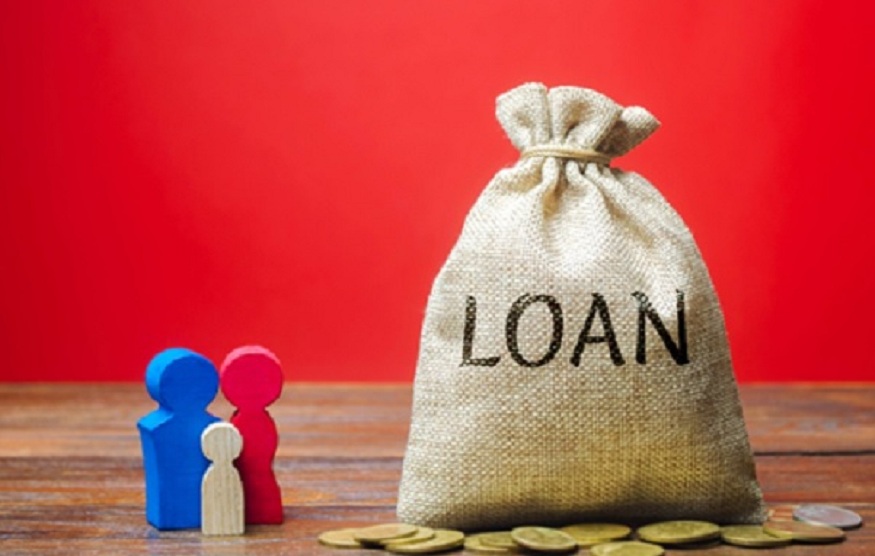When I wanted to take my first loan, the only thing I was thinking about is how to pay less interest over the number of years I’ll be paying off my debt. I considered many factors such as my credit score when choosing the form of loan to apply for, a fixed rate loan or a variable rate loan.
Below, I have explained the difference between the two options and which one to choose depending on your finances.
What Is a Fixed Rate Loan?
A fixed rate loan is a fixed interest on a particular loan that doesn’t fluctuate through its entire term even if the market changes. Let’s say you take a fixed rate mortgage for 30 years; the interest of this mortgage will not change for 30 years. You will still be paying the same amount each month. This type of loan is suitable if you’re taking a long-term loan over many years, this way you will guarantee that it will not change and you won’t be paying more than you anticipated in case the interest rates rise. If you’re someone who’s on a financial budget and you’re looking for a safe and a stable payment, a fixed rate loan is what you should be looking for.
What Is a Variable Rate Loan?
A variable rate loan is when the interest on your loan constantly fluctuatesin response to the changes in the market.
Although it has been proven that variable rate loans pay less interest over time, it is a risky type of loan as the market can be very unpredictable and it might suddenly rise and leave you paying more than you wanted. This type of loan is convenient for people who are willing to take risks on their short-term loans in return of paying it off quickly.
Variable rate loans are tied to Emirates Inter bank Offered Rate (EIBOR) benchmark. It acts as baseline for variable rate loans, adding a margin on top of the benchmark rate to calculate the rate received by a consumer.
What to Choose for Your Loan?
Based on my extensive research, I found that it all depends on your financial situation and the length of your loan; those factors will make it easier for you to choose between Fixed or variable rate loan.
Mortgages:
Whether to choose a fixed or variable rate loan for a mortgage depends on the factor of time. A variable rate loan is recommended for people who are looking into locking a short-term mortgage and sell their home in a few years. The interest rate will be lower than expected. However, for a long-term mortgage, a variable rate loan is not recommended as with time, the market might be unpredictable and even the smallest amount of interest can equal thousands of dollars when you combine the years. You will be paying more for a long period of time. Therefore, it is recommended to choose a fixed rate loan for a long-term mortgage loan.
ADCB offers its customers two options of loans; a hybrid structure that provides a fixed rate for initial years and variable thereafter, and a variable rate structure – based on relevant EIBOR + margin.
Student Loans:
For a student with good credit score or someone who is looking to refinance, a variable rate loan can do wonders, as it is a great option for a borrower who is seeking to pay off their loan quickly with less interest.
Yet for someone with poor credit score, a fixed rate loan could be a good opportunity to start building good credit and it’s the safest option for a student who is on budget and expects to paya certain amount each month.
Personal Loans:
Personal loans also depend on the individual’s creditscore, this determines the kind of interest calculated for each loan. With a good credit score, you have a chance to pay less interest with a variable rate loan. On the other hand, it is always safer to choose a fixed rate loan for personal loans; this provides an unchangeable payment value over a long period of time.






More Stories
When Convenience Outweighs Cost in Personal Loan Decisions
Common Mistakes to Avoid When Applying for a Used Car Loan
Your Guide to a Low Mortgage Rate in Florida